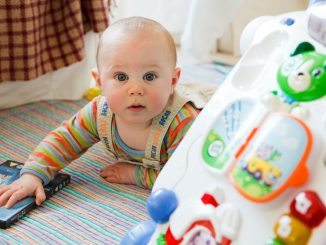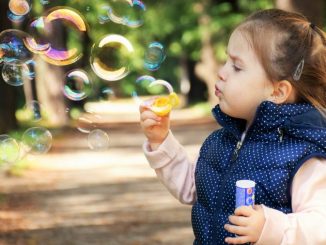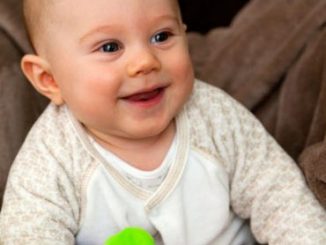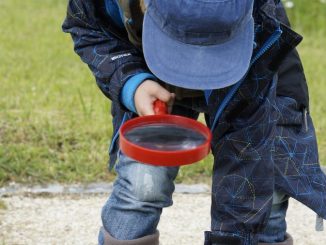
EYFS Assessments
In the EYFS there are two main types of assessment – on-going assessments which occur daily, to determine what children can already do, and what they need to do next and how this can be […]

In the EYFS there are two main types of assessment – on-going assessments which occur daily, to determine what children can already do, and what they need to do next and how this can be […]

ELGs stands for Early Learning Goals. These are the statements found under each area of development at the end of the Early Learning Outcomes for 40-60+ months. These statements indicate the type of things children […]

OFSTED – is the abbreviation for the governmental body – Office of Standards in Education All providers of childcare and education must be registered with Ofsted. Amongst other duties Ofsted inspect and regulate education and […]

In order for children to make significant progress in their development and learning, practitioners need to identify and plan their children’s next steps. Many next steps occur automatically with little support as the child gets […]

To follow children’s interests in your planning, you first need to consider what you have observed. Think about what you have seen, heard and made notes about – what did the children like to do? […]

While the Early Years Outcomes focuses predominantly on what a child could and should be able to learn within an age band, the Characteristics of Effective Learning look at how children learn. There are 3 […]

Getting the coverted outstanding status at a setting is what most childminders and nurseries aim for. While it is difficult, it is not impossible. Inspectors visit settings routinely and from their observations identify key factors […]

Children develop at a phenomenal rate between the ages of 0 and 6. It is therefore important that childcare professionals take note of these developments, to ensure children in their care are progressing within the […]

The Early Years Outcomes formerly called Development Matters (DMs) are the Prime and Specific Development statements documented in the Early Years Framework. The Prime Areas being: Personal, Social and Emotional Development (PSED) Communication and language […]

The purpose of assessing development is to collect the information necessary to make decisions about a child’s developmental and educational needs. Assessment must always serve in ways that enhance opportunities for optimal growth, development, and […]
Copyright - - All rights reserved - My Childcare Hub